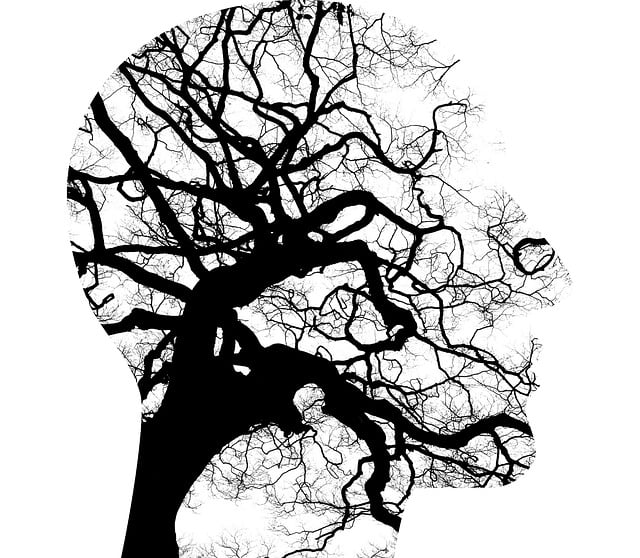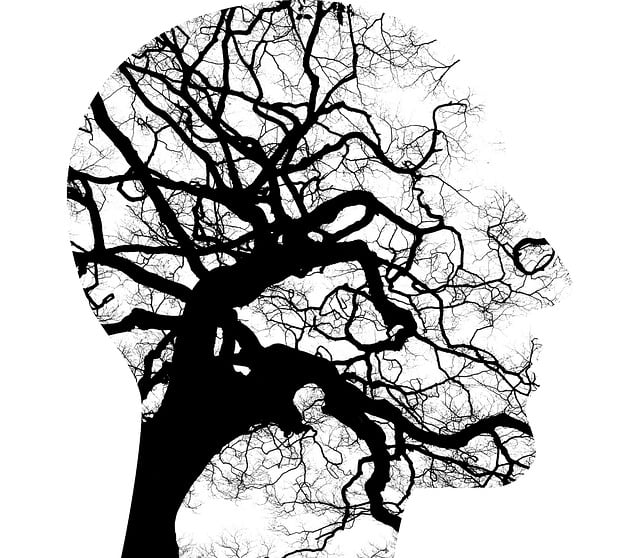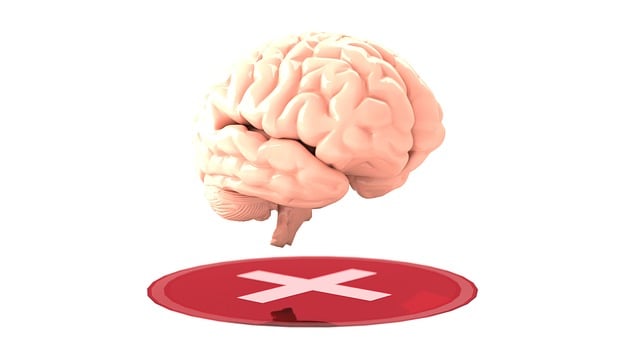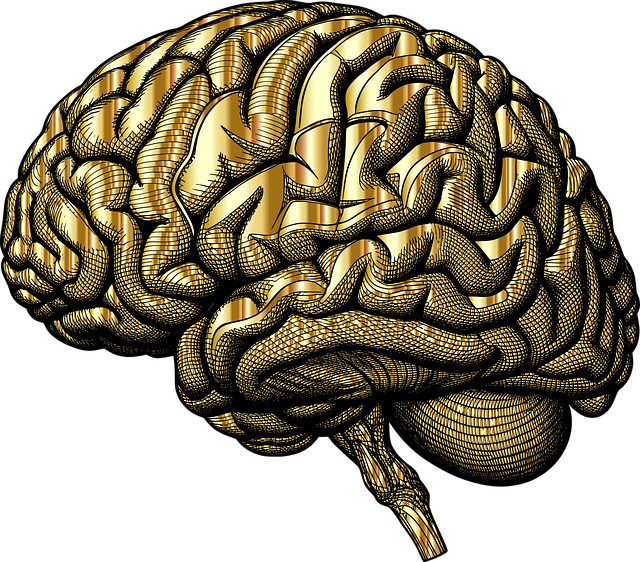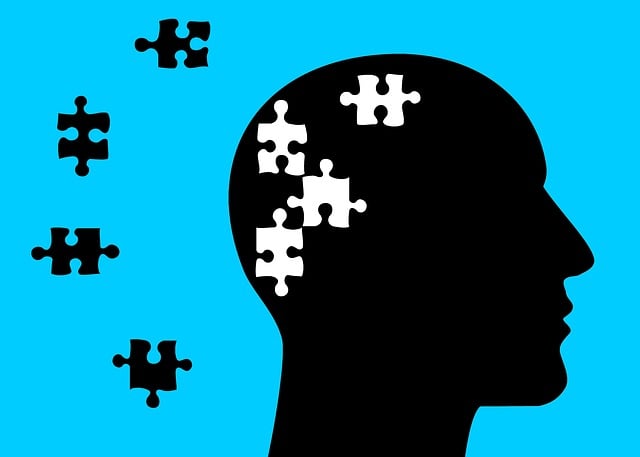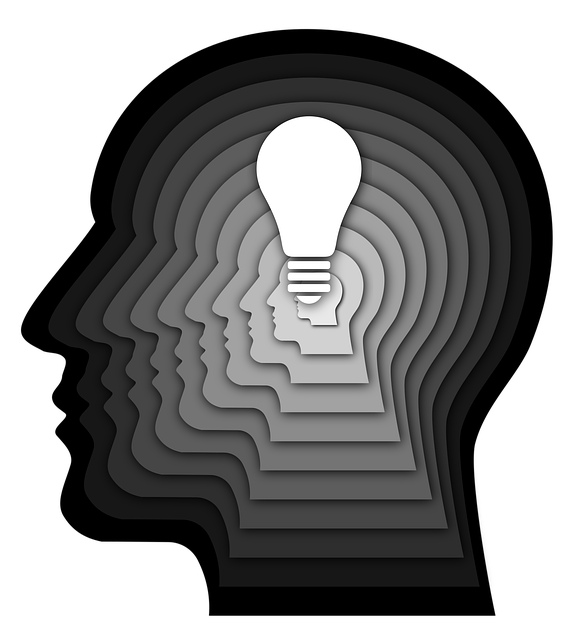Northglenn Eating Disorders Therapy (EDT) offers specialized support for individuals dealing with loss, grief, and bereavement, addressing their unique mental health needs. EDT integrates Mind Over Matter principles, cultural sensitivity, and tailored interventions to help clients manage intense emotions, improve coping skills, and heal from significant losses. Through empathy-building strategies, social skills training, and creative expression, therapists guide individuals through the grieving process, fostering resilience and inner strength. This personalized approach empowers people to navigate complex emotions, prevent burnout, and integrate loss into their lives while addressing eating disorders and mental illness stigma.
Grief and bereavement are complex processes that can significantly impact an individual’s mental health. This article explores these topics, offering a comprehensive guide to understanding loss and its effects. We delve into common challenges faced during the grieving process and highlight the specialized approach of Northglenn Eating Disorders Therapy. By examining various counseling techniques, readers will gain insights into supporting oneself and others through bereavement, emphasizing the importance of professional guidance, such as that provided by Northglenn Eating Disorders Therapy.
- Understanding Loss, Grief, and Bereavement: An Overview
- The Impact of Loss on Mental Health: Common Challenges
- Northglenn Eating Disorders Therapy: A Specialized Approach
- Counseling Techniques for Coping with Grief
- Supporting Individuals Through the Grieving Process
Understanding Loss, Grief, and Bereavement: An Overview

Loss, grief, and bereavement are deeply personal experiences that vary widely from one individual to another. Understanding these concepts is crucial for anyone seeking support or considering Northglenn Eating Disorders Therapy. Loss refers to the absence of someone or something significant, while grief is the emotional response to that loss. It’s a complex process involving a range of feelings, including sadness, anger, guilt, and even relief. Bereavement, on the other hand, is the period after a loss during which individuals work through their emotions and begin to adjust to life without their loved one.
Developing coping skills and building resilience are essential aspects of navigating these challenging times. Emotional well-being promotion techniques, such as therapy, support groups, and self-care practices, can help individuals process their grief, enhance their ability to cope with difficult emotions, and gradually move forward in a healthy manner. These strategies not only facilitate the grieving process but also empower individuals to find strength and meaning in their experiences.
The Impact of Loss on Mental Health: Common Challenges

The impact of loss can profoundly affect an individual’s mental health, leading to a range of common challenges during the bereavement process. When someone experiences the death of a loved one, it is not uncommon to face intense emotions such as sadness, anger, guilt, and confusion. These feelings may persist and escalate into more severe conditions if left unaddressed, potentially resulting in long-term mental health issues like depression and anxiety disorders. The complex nature of grief can also manifest in unusual ways, affecting daily functioning and overall well-being.
In Northglenn Eating Disorders Therapy, professionals recognize that grief and bereavement are significant stressors that require specialized support. Common challenges include difficulty concentrating, changes in appetite, disrupted sleep patterns, and social withdrawal. Effective counseling interventions focus on empathy building strategies to help individuals process their emotions healthily. Social skills training can also be beneficial, fostering connections and supporting those dealing with loss in navigating their support systems. Additionally, risk assessment for mental health professionals is crucial to identify potential complications early on and provide appropriate interventions tailored to each client’s unique needs.
Northglenn Eating Disorders Therapy: A Specialized Approach

In Northglenn, Eating Disorders Therapy (EDT) has emerged as a specialized and vital service, addressing complex mental health issues that often coexist with eating disorders. This approach goes beyond traditional counseling by integrating Mind Over Matter principles, where clients are empowered to challenge distorted thinking patterns related to food and body image. The therapy focuses on building empathy between the therapist and client, creating a safe space to explore underlying causes without judgment.
Cultural sensitivity plays a significant role in EDT, ensuring that diverse populations feel understood and supported. Therapists are trained to adapt their practices, considering individual cultural backgrounds, beliefs, and experiences. This tailored approach promotes meaningful connections, fostering a sense of belonging and trust necessary for effective healing. By combining innovative Mind Over Matter strategies with culturally sensitive practices, Northglenn Eating Disorders Therapy offers a transformative journey towards recovery.
Counseling Techniques for Coping with Grief

Counseling offers a safe and supportive space for individuals to process their grief and work through their emotions. Therapists often employ various techniques tailored to each person’s unique journey. One common approach involves guiding clients in exploring and expressing their feelings, memories, and thoughts associated with their loss. This may include sharing stories, writing in a mental wellness journal, or engaging in creative exercises to help process complex emotions.
Additionally, counselors can provide practical tools for coping strategies such as relaxation techniques, mindfulness exercises, and guidance on navigating daily life during this challenging period. By incorporating these therapeutic methods, individuals can find ways to manage their grief, reduce burnout prevention, and eventually, foster a sense of healing and improved mental wellness. This process is crucial in helping folks integrate their loss into their lives while also addressing any underlying mental illness stigma reduction efforts.
Supporting Individuals Through the Grieving Process

Supporting individuals through their grieving process is a critical aspect of Northglenn eating disorders therapy. When someone experiences loss, whether it’s the death of a loved one, an unexpected breakup, or any significant change that leads to profound emotional distress, professional counseling can be transformative. The journey of grief is deeply personal, and each individual needs tailored support to navigate their unique experience.
At Northglenn Eating Disorders Therapy, we believe in fostering inner strength development by providing a safe, non-judgmental space for clients to express their emotions freely. Through effective communication, our therapists help individuals process their grief healthily, teaching them conflict resolution techniques and emotional regulation strategies along the way. By integrating these tools into their lives, clients can learn to manage their feelings, find solace in difficult moments, and gradually rebuild their sense of equilibrium after bereavement.
Loss, grief, and bereavement can profoundly impact an individual’s mental health, making specialized support like Northglenn Eating Disorders Therapy invaluable. By understanding the unique challenges each person faces during this difficult process, counselors can employ effective techniques to help them navigate their emotions. Through compassionate guidance and evidence-based practices, counseling offers a safe space for individuals to process their loss, cope with grief, and eventually find healing and resilience.



